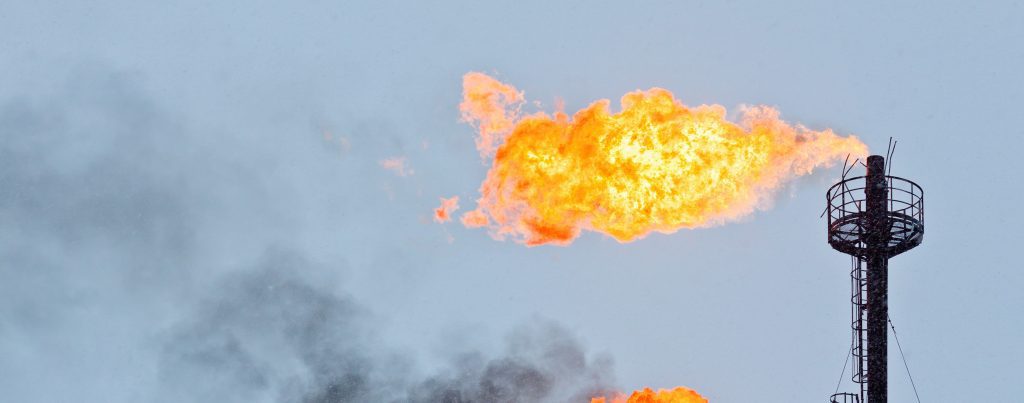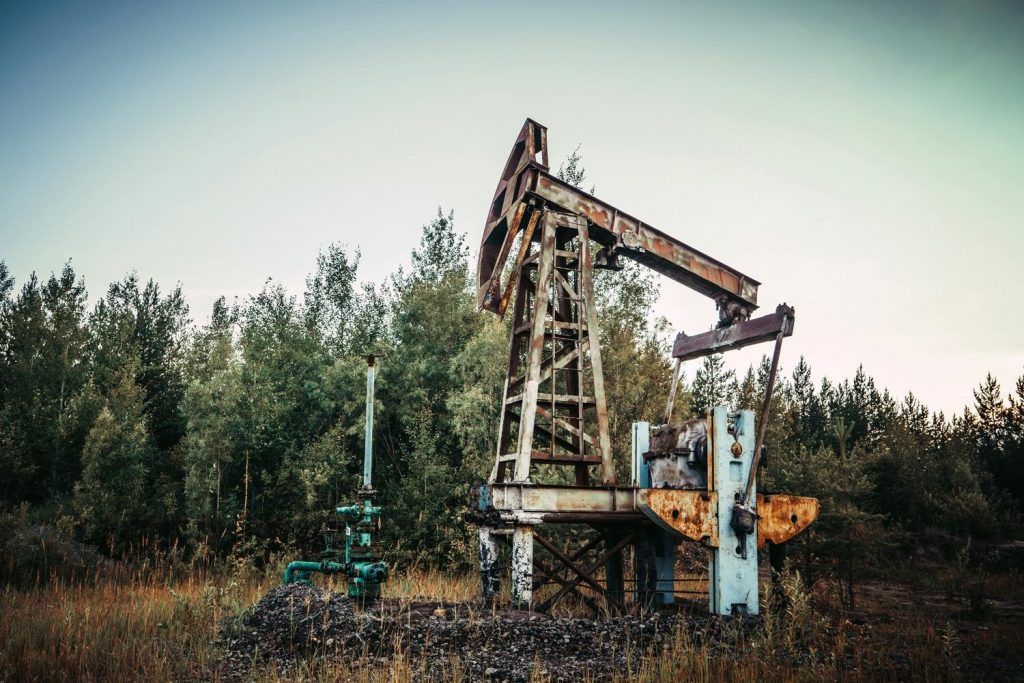U.S. President Barack Obama’s State of the Union speech last night prioritized climate change more than any previous State of the Union address by any U.S. president. The annual address given to both houses of Congress, the American people, and much of the world is important because it highlights the President’s ambitions and priorities for the coming year.
This year, the focus was on the economy and jobs. But there was a remarkable passage where the President reiterated his commitment to action on climate change—remarkable because of both the amount of time he spoke about the issue and the forcefulness of his words. It’s worth watching, listening to, or reading in its entirety, but essentially President Obama laid out why action is crucial:
“And no challenge — no challenge — poses a greater threat to future generations than climate change. 2014 was the planet’s warmest year on record. Now, one year doesn’t make a trend, but this does — 14 of the 15 warmest years on record have all fallen in the first 15 years of this century….The best scientists in the world are all telling us that our activities are changing the climate, and if we do not act forcefully, we’ll continue to see rising oceans, longer, hotter heat waves, dangerous droughts and floods, and massive disruptions that can trigger greater migration, conflict, and hunger around the globe. The Pentagon says that climate change poses immediate risks to our national security. We should act like it.”
He went on to highlight the action the U.S. has taken already and his commitment to continue that action:
“I am determined to make sure American leadership drives international action. In Beijing, we made an historic announcement — the United States will double the pace at which we cut carbon pollution, and China committed, for the first time, to limiting their emissions.”
This was Obama’s response to Republican opposition to climate change action. Unlike other parts of his speech, where he tried to communicate a co-operative approach to working with Republicans, on climate change the President rebuked them for “dodg[ing] the evidence.”
He also sent the clearest signal yet that he will say no to the proposed Keystone XL pipeline – a pipeline that, if approved, would bring bitumen from the tar sands in Alberta to the Gulf Coast in Louisiana, to be processed and exported. Republicans in Congress have made Keystone their #1 priority in 2015 but Obama urged them instead to work with him on a 21st century infrastructure plan:
“[L]et’s set our sights higher than a single oil pipeline. Let’s pass a bipartisan infrastructure plan that could create more than 30 times as many jobs per year, and make this country stronger for decades to come.”
It’s true that this is just one speech. And actions are stronger than words. President George W. Bush, in his 2006 State of the Union address, declared that America was addicted to oil. The next year, during a speech in Berlin, Prime Minister Harper called climate change “perhaps the biggest threat to confront the future of humanity today.” Neither did anything to match their words with action.
But unlike those two examples, President Obama has already acted by tackling the greatest source of carbon pollution in the U.S., coal-fired power plants, strengthening a dozen energy efficiency regulations including fuel efficiency standards for vehicles, and making significant investments in clean energy. Given that the President reiterated his commitment to accelerate carbon pollution reductions, it looks very much like he wants climate change action to be one of his legacies.
He can continue to build on that legacy by rejecting the Keystone XL pipeline.









